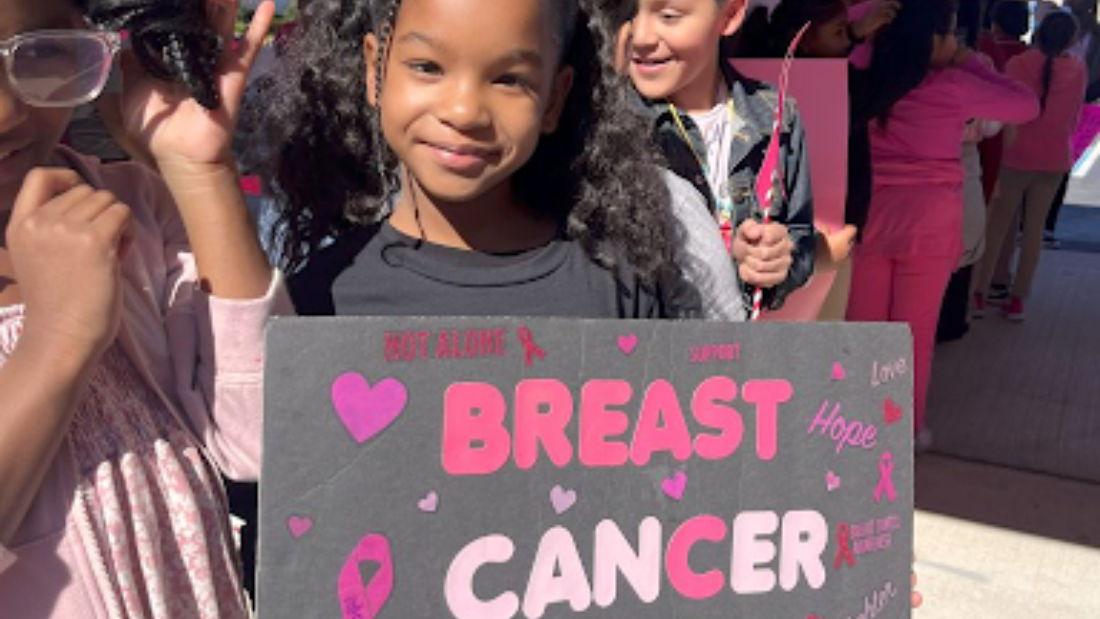In today’s world, parents often face daunting challenges when it comes to guiding their children through complex emotional landscapes. One of the most heart-wrenching situations a family can encounter is when a close friend is grappling with the impact of a parent’s battle with breast cancer. It’s natural for parents to worry about how to prepare their child to be a supportive friend during such a sensitive time. However, navigating this journey together can become an enriching experience, filled with opportunities for both empathy and growth.
To help children understand and reach out to their friend, parents can start by fostering open conversations about feelings. By encouraging their child to express any worries or fears about cancer, they can create a safe environment, assuring their little one that it’s okay to feel vulnerable. This dialogue not only normalizes emotions but also lays the groundwork for developing empathy.
Next, parents can guide their child in understanding the importance of presence. Often, children may feel unsure about how to support a friend in distress. Parents can explain that sometimes, just being there—whether through a comforting hug or a simple message—can mean the world to someone who is struggling. Role-playing different scenarios can help children practice what to say or how to act, building their confidence in approaching their friend.
Engaging in meaningful activities together can also provide a beautiful way for children to support their friends. Simple gestures like creating a care package or drawing a card can be both cathartic and uplifting. Parents can emphasize that acts of kindness, no matter how small, carry great significance. This not only teaches children about thoughtfulness but also enhances their sense of community.
Additionally, educating children about the illness can demystify it and lessen any fear that may surround the topic. Books and age-appropriate resources about breast cancer can help children understand what their friend might be going through, making them feel more equipped to offer comfort and support.
Lastly, parents should remind their child that it’s okay to seek guidance. Encouraging questions about the situation or suggesting they speak to a trusted adult reinforces the idea that asking for help is a sign of strength.
In these moments of hardship, a child can emerge as a beacon of support, anchored in love and understanding. With the right tools and guidance, parents can empower their children to navigate this emotionally charged terrain, nurturing not only their friendship but also shaping compassionate, resilient hearts for the future.


Leave A Comment